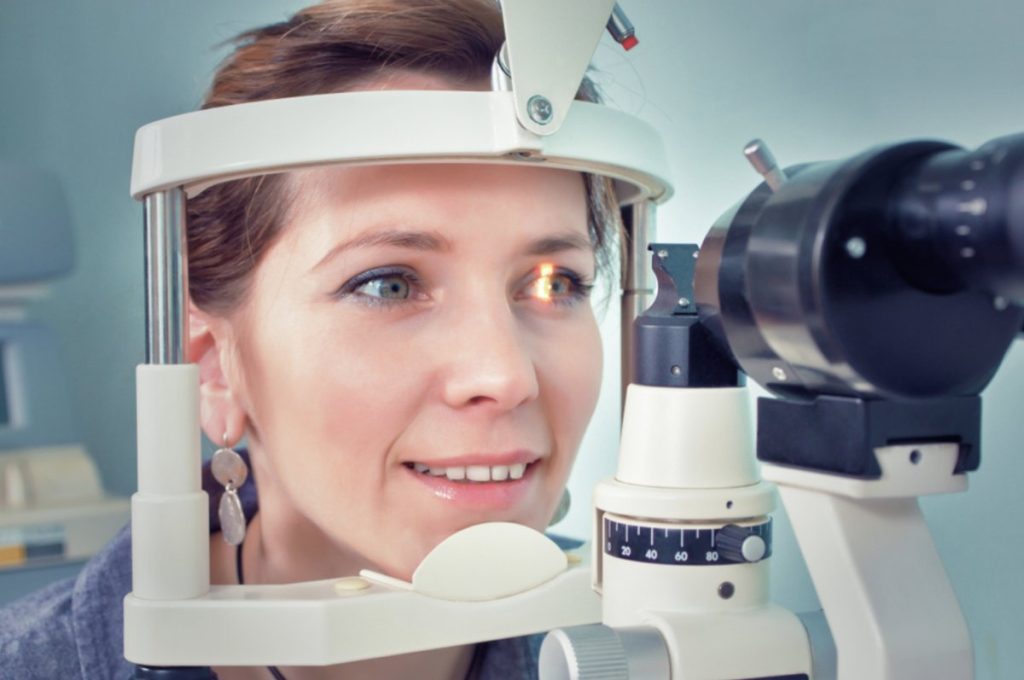Table of Contents
Regular health screenings are a crucial component of preventive healthcare, offering a proactive approach to maintaining overall well-being and detecting potential health issues before they become serious. These screenings help identify risk factors, catch diseases early, and manage existing conditions effectively. This article explores the significance of regular health screenings, the types of screenings available, and the benefits they offer to individuals and the healthcare system.

What Are Health Screenings?
Health screenings are tests or evaluations conducted to identify potential health problems before symptoms arise. They can include physical exams, laboratory tests, imaging studies, and other diagnostic procedures. The goal of these screenings is to detect conditions at an early stage when they are more manageable and to prevent the onset of diseases.
Types of Health Screenings
- Routine Physical Examinations
Routine physical exams are a foundational element of health screenings. During these exams, healthcare providers assess overall health, review medical history, and perform basic tests, such as measuring blood pressure, heart rate, and body mass index (BMI). These exams help identify early signs of conditions like hypertension, diabetes, and heart disease.
- Blood Tests
Blood tests are commonly used to screen for a variety of conditions. Common tests include:
- Cholesterol Levels: Monitoring cholesterol levels helps assess the risk of cardiovascular diseases.
- Blood Glucose Levels: Testing blood glucose helps identify diabetes or prediabetes.
- Complete Blood Count (CBC): A CBC can detect anemia, infections, and other blood-related conditions.
- Imaging Tests
Imaging tests, such as X-rays, ultrasounds, and MRIs, provide visual insights into internal structures and can help diagnose conditions like tumors, fractures, and organ abnormalities. For example, mammograms are used for breast cancer screening, while colonoscopies help detect colorectal cancer.
- Cancer Screenings
Cancer screenings are vital for early detection of cancer. Common screenings include:
- Mammograms: For breast cancer detection, recommended for women starting at age 40 or earlier based on risk factors.
- Pap Smears: For cervical cancer screening, typically recommended for women starting at age 21.
- Prostate-Specific Antigen (PSA) Test: For prostate cancer screening, usually discussed with men starting at age 50.
- Bone Density Tests
Bone density tests measure bone strength and are used to diagnose osteoporosis. These screenings are particularly important for postmenopausal women and older adults at risk of fractures.

Benefits of Regular Health Screenings
- Early Detection of Health Issues
One of the primary benefits of regular health screenings is the early detection of health issues. Many diseases, such as cancer, diabetes, and hypertension, can be asymptomatic in their early stages. Early detection allows for timely intervention and treatment, which can significantly improve outcomes and reduce the severity of the disease.
- Prevention of Disease
Health screenings can help identify risk factors for various conditions, allowing individuals to take preventive measures. For instance, identifying high cholesterol levels can prompt lifestyle changes or medication to prevent heart disease. Regular screenings also help in implementing preventive strategies for diseases, such as vaccines or lifestyle modifications.
- Management of Chronic Conditions
For individuals with chronic conditions, regular health screenings are essential for monitoring disease progression and managing symptoms. Regular check-ups and tests allow healthcare providers to adjust treatment plans as needed and address any complications that may arise. This proactive approach helps in maintaining better control of chronic conditions and improving quality of life.
- Reduction of Healthcare Costs
Early detection and prevention of diseases through regular screenings can lead to cost savings in the long run. By addressing health issues before they become severe, individuals may avoid costly treatments and hospitalizations. Additionally, effective management of chronic conditions can reduce the need for emergency care and specialized treatments.
- Personalized Health Insights
Regular health screenings provide valuable insights into an individual’s health status and risk factors. These insights enable healthcare providers to offer personalized recommendations and tailor preventive measures based on specific health needs. Personalized care promotes a more targeted approach to health management and enhances overall well-being.
Challenges and Considerations
While regular health screenings offer numerous benefits, there are also challenges and considerations to keep in mind:
- Cost and Accessibility
The cost of health screenings can be a barrier for some individuals, particularly those without adequate insurance coverage. Access to screenings may also be limited in certain geographic areas or among underserved populations. Addressing these barriers is essential to ensure equitable access to preventive healthcare.
- Over-Screening and False Positives
In some cases, excessive or unnecessary screenings can lead to false positives, which may result in additional tests, anxiety, and potentially unnecessary treatments. It is important for healthcare providers to balance the benefits of screening with the potential risks and ensure that screenings are appropriate for each individual based on their age, health status, and risk factors.
- Patient Awareness and Engagement
Increasing patient awareness and engagement in health screenings is crucial for maximizing their benefits. Educating individuals about the importance of regular screenings, addressing concerns, and encouraging participation can lead to better health outcomes and more effective preventive care.

Conclusion
Regular health screenings play a vital role in maintaining overall health, preventing disease, and managing chronic conditions. By facilitating early detection and personalized care, these screenings contribute to improved health outcomes and reduced healthcare costs. While there are challenges to address, such as cost and accessibility, the benefits of regular health screenings make them an essential component of preventive healthcare. Embracing a proactive approach to health through regular screenings can lead to a healthier, more informed, and empowered population.
